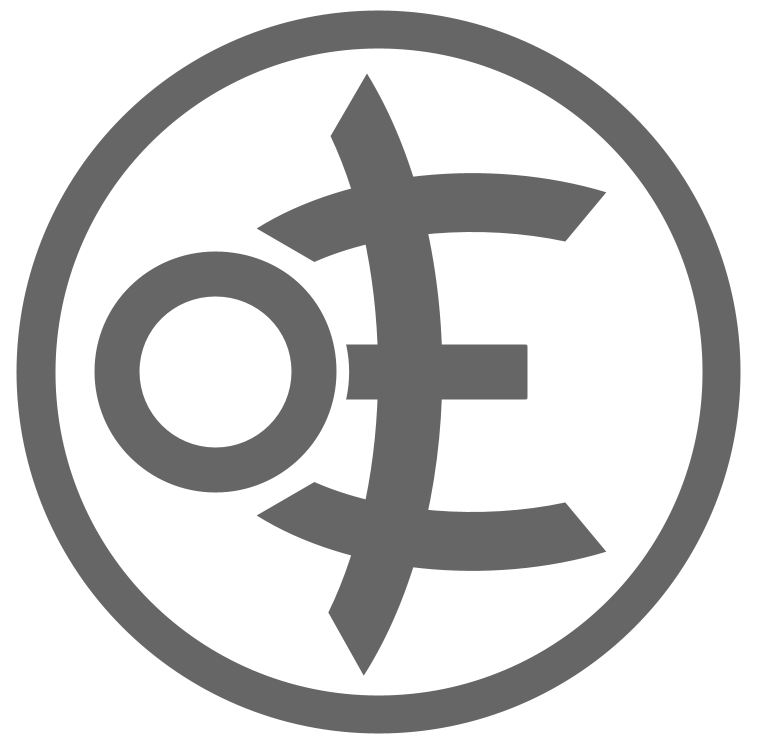@o_o@programming.dev asked “why are folks so anti-capitalist?” not long ago. It got quite a few comments. But I noticed a trend: a lot of people there didn’t agree on the definition of “capitalism”.
And the lack of common definition was hobbling the entire discussion. So I wanted to ask a precursor question. One that needs to be asked before anybody can even start talking about whether capitalism is helpful or good or necessary.
Main Question
- What is capitalism?
- Since your answer above likely included the word “capital”, what is capital?
- And either,
- A) How does capitalism empower people to own what they produce? or, (if you believe the opposite,)
- B) How does capitalism strip people of their control over what they produce?
Bonus Questions (mix and match or take them all or ignore them altogether)
- Say you are an individual who sells something you create. Are you a capitalist?
- If you are the above person, can you exist in both capitalist society and one in which private property has been abolished?
- Say you create and sell some product regularly (as above), but have more orders than you can fulfill alone. Is there any way to expand your operation and meet demand without using capitalist methods (such as hiring wage workers or selling your recipes / process to local franchisees for a cut of their proceeds, etc)?
- Is the distinction between a worker cooperative and a more traditional business important? Why is the distinction important?


Capitalism is a socioeconomic system in which private individuals (capitalists) own the means of production and employ others to work them. The employer exploits the employed through wage labor, a system in which the surplus value of a laborer is taken as profit for the capitalist. Capitalism is often characterized by market relations and generalized commodity production, but there are always exceptions as in any system.
I think your first point is the most important: it’s a system in which those who own the means of production, those who benefit the most from production, produce nothing.
But they do have the means to produce, so without them the laborers cannot produce on the same level. It should be a mutual relationship that everyone involved should benefit. I think when others say that capitalism is bad, they’re referencing the corrupted form of capitalism we have today. A sort of pseudo slavery where corporations and those in power merely gives laborers just enough to survive but not enough to thrive.
That’s capitalism’s end goal, though, is slavery. Really it’s just feudalism with extra steps.
Wait! @Black_Gulaman@lemmy.dbzer0.com isn’t wrong. Also, I think we are miscommunicating with pro-capitalists.
Granted, we both know capitalist propaganda labels basically everything positive about human interactions “capitalism” and then scaremongers about how “the left wants to take THIS away from you!” And that is the main source of our problems communicating with pro-capitalists.
But some responsibility (maybe 20% of the responsibility?) lies with the fact that we choose to label “capital” the problem instead of… you know… the fact that our laws and customs favor a zero-sum employment contract between capital owners and workers where there can be only one winner?
Of course the owner of more capital is always on the better side of this contract, (which is why we identified capital as the problem in the first place.) But labeling the problem “capital” makes it look like we don’t see any value to capital. Which isn’t true. Marx and Engels dedicated several paragraphs of their manifesto to explaining why the means of production should not be damaged, because the existence of capital leads to abundance, and the means of production is valuable. They didn’t want the means destroyed: they simply wanted it democratically owned by workers’ cooperatives and state socialism.
The problem is employment contracts that are part of how our society treats the individual, private ownership of capital. Not the idea that capital is a valuable contribution to the production process and deserves reward.
Capital is causally efficacious in workers use of it. However, capital is a dead tool. It cannot be de facto responsible for anything. The person that uses the capital is the one that is de facto responsible for what they do with it positive and negative. Your assumption that critics of capitalism are merely criticizing improper application of fundamentally sound principles is wrong. The sophisticated critiques of capitalism apply even in its “perfect” form found in econ 101 textbooks @asklemmy